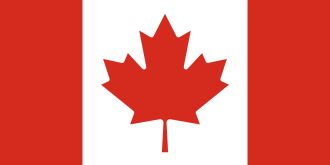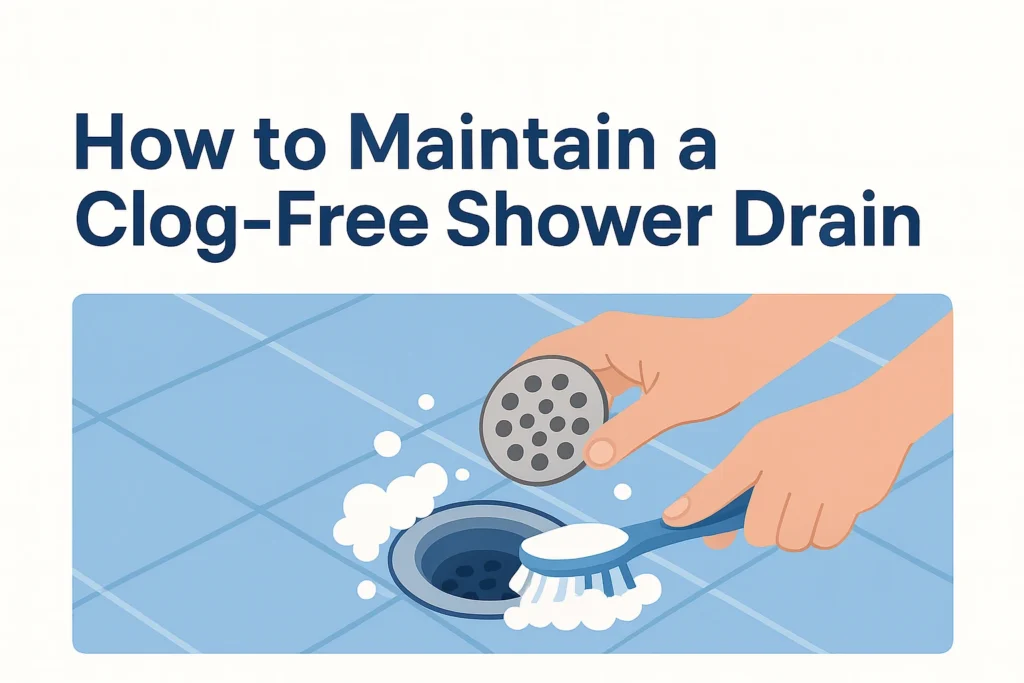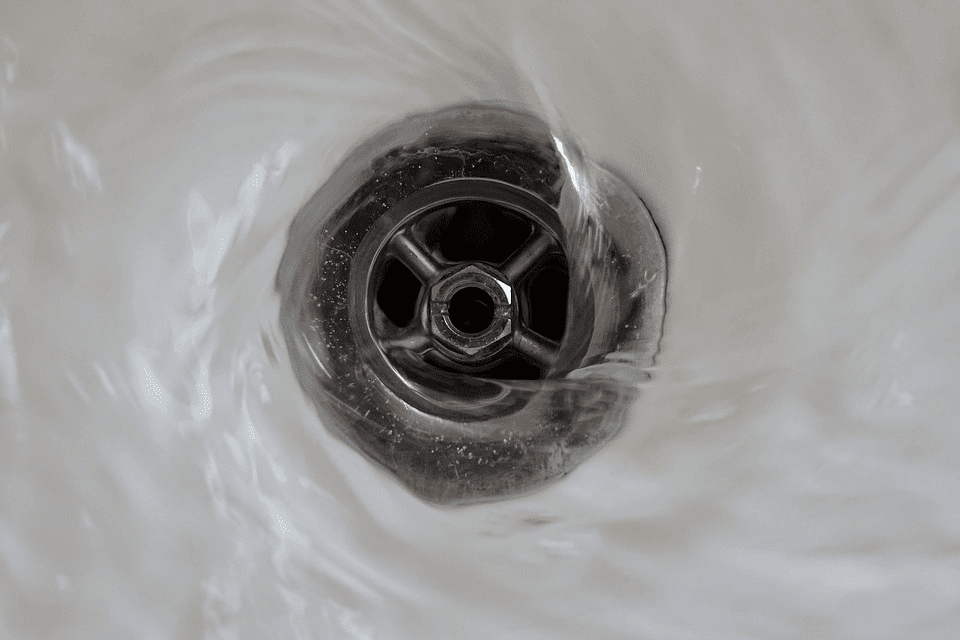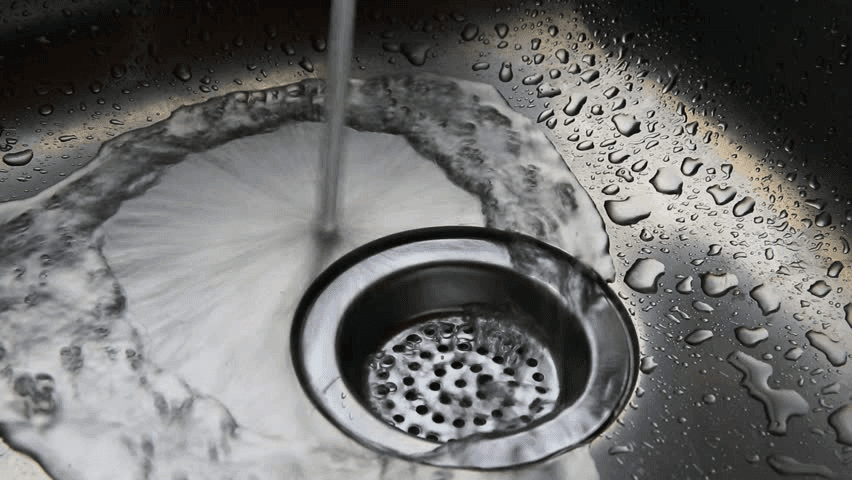Keeping a clog-free shower drain may not sound glamorous, but it’s one of the easiest ways to save yourself from stress, foul odors, and expensive plumbing bills. Shower drains often get overlooked until water starts pooling at your feet, but with simple habits and the right tools, you can prevent clogs before they happen. In this guide, we’ll cover why drains clog, how to maintain them step by step, and when to call in professional help. Whether you’re in a condo in Toronto or a family home in Brampton, these tips will keep your shower drain clear and hassle-free.
Common Reasons Your Shower Drain Gets Blocked
The main culprits behind blocked shower drains are simple, everyday materials that wash off your body. Hair clogs in the shower drain are the number one problem. Hair easily tangles and traps other particles. Soap scum builds up over time, especially when mixed with hard water minerals common in Canadian households. Oils, conditioners, and skincare products coat pipe walls, creating a sticky surface that holds onto hair and dirt. Sometimes, small items like cotton pads or bits of plastic also get stuck. Together, these materials form stubborn clogs that restrict how quickly water drains.
Risks of Ignoring a Clogged Shower Drain
A shower that drains slowly is more than just annoying. Over time, it leads to standing water, foul smells, and mold growth. Slowly draining shower water can eventually put pressure on your plumbing system, causing leaks or even pipe bursts in extreme cases. Shower drain odor removal becomes difficult once bacteria start feeding on trapped debris. In Canada, the cost of hiring a plumber to fix severe clogs ranges from $150 to $300, depending on your city. Ignoring clogs now can cost you far more later.
Essential Tools & Products for Clog-Free Drains
Hair Catchers and Strainers
A shower drain strainer is the simplest and cheapest solution. It sits on top of the drain and traps hair before it enters the pipes. Spending just a few seconds to clean the drain after a shower can save you from hours of plumbing headaches later.
Zip Tools and Drain Snakes
Plastic zip tools are inexpensive and great for pulling out visible hair. When the blockage is stubborn, using a drain snake is often the most effective fix. This flexible tool reaches into the pipes and pulls out tangled hairballs.
Enzyme vs Chemical Cleaners
Many households in Canada are turning to enzyme drain cleaners instead of harsh chemicals. Enzyme-based cleaners eat away at organic matter naturally, making them safe for septic systems and the environment. Strong chemical cleaners may work fast, but can damage pipes over time.
Daily & Weekly Habits to Prevent Shower Drain Clogs
The easiest way to prevent shower drain clogs is through consistent small habits. Always clear the strainer after showers, don’t let hair sit for days. A weekly rinse with hot water helps clear away residues from soap and grease before they harden. To keep drains clear, avoid rinsing off heavy lotions or oils directly into the shower. Instead, wipe them with a tissue first. Small, regular habits can prevent costly and time-consuming issues down the road.
Monthly Shower Drain Maintenance Routine (Step-by-Step)
Hot Water Flush
Each month, pour a pot of boiling water into the shower drain to wash away buildup. The high temperature helps melt away soap residue, soften oils, and push out small bits of buildup that could turn into a bigger problem if left unchecked.
Baking Soda + Vinegar Method
For a safe, eco-friendly clean, reach into your pantry. Add half a cup of baking soda to the drain, followed by the same amount of vinegar poured in slowly. The fizzing reaction helps break down dirt and residue stuck inside the pipes. Leave it to bubble for about 15–20 minutes before finishing with another hot water rinse. This quick ritual is gentle on your pipes but surprisingly effective.
Monthly Enzyme Treatment
If you want an extra layer of protection, pick up an enzyme-based drain cleaner. Unlike harsh chemicals, these solutions use natural enzymes to “eat away” hair, oils, and soap scum over time. They’re safe for both city plumbing and septic tanks, making them a reliable option for Canadian households.
Easy ways to fix a slow or clogged shower drain
Manual Hair Removal
Take off the drain cover, wear gloves, and use a hook or zip strip to pull out hair strands and gunk. This simple step often restores normal flow immediately.
Natural Home Remedies
Combine baking soda and vinegar, then flush with hot water to finish the cleaning process. It softens soap buildup and clears away small blockages.
Using a Drain Snake Properly
A clogged shower drain solution that works well is using a snake. Feed the tool gently into the drain, twist to hook the blockage, and pull it back out with care. Always clean the snake afterward.
When to Call a Plumber
When water starts backing up in more than one fixture or the clog won’t clear, that’s when you should call a licensed plumber.
Mistakes to Avoid While Clearing a Shower Drain
Avoid pouring strong chemicals repeatedly. Chemical drain cleaners might work for a short time, but often harm your pipes over the long run. For eco-friendly drain cleaning, stick to enzymes and natural methods. Don’t force a snake if it won’t move, it could damage the pipe. Avoid letting hair, wipes, or solid debris go down the drain to prevent blockages. For homes with septic tanks, choose only septic-safe shower drain cleaning methods.
Canadian Plumbing & Environmental Considerations
When it comes to shower drain cleaning in Canada, always think about local codes and the environment. Municipal wastewater plants aren’t designed to handle chemical-heavy runoff. Eco-friendly products help protect rivers and lakes. If you live in Toronto or Brampton and face stubborn clogs, hiring a plumber for clogged shower drain Canada ensures compliance with building codes. Provincial guidelines also stress avoiding hazardous chemicals in septic systems.
Annual Maintenance & Long-Term Upgrades
Hard Water & Scale Prevention
Many Canadian homes deal with hard water. Over time, it causes mineral buildup in pipes. Installing a water softener helps reduce this risk and prevent bathroom drain blockages.
Replacing Drain Covers & Stoppers
Worn-out or damaged drain covers make it easier for debris to slip into the drain. Upgrading to modern, easy-to-clean covers keeps your shower more hygienic.
When to Schedule a Pro Inspection
If clogs return frequently despite your best efforts, schedule an annual inspection. Plumbing in Toronto and plumbing in Brampton services often include camera inspections to detect hidden issues.
Quick Troubleshooting Guide
| Symptom | Likely Cause | DIY Fix | Call a Plumber |
| Water draining slowly | Hair + soap scum | Hot water + zip tool | If the problem returns weekly |
| Standing water in the shower | Full blockage | Snake + baking soda/vinegar | If still blocked |
| Foul smell | Bacteria, soap buildup | Enzyme cleaner + hot water | If odor persists |
| Multiple drains slow | Main line issue | None | Immediately |
FAQ’S:
What’s the most effective way to avoid shower drain clogs?
The easiest approach is prevention. Place a drain cover or hair catcher over your shower drain, clear it every day, and back it up with monthly enzyme treatments to stop buildup before it starts.
Are enzyme-based cleaners safe for homes with septic tanks in Canada?
Yes, Enzyme cleaners are septic-friendly, eco-conscious, and much gentler on your pipes compared to chemical-heavy drain products. They’re a solid choice for households that want sustainable solutions.
How often should I be cleaning my shower drain?
A quick daily check of your drain strainer, a weekly rinse with hot water, and a deeper cleaning once a month is usually enough to keep things running smoothly.
What natural option works best for clearing shower drains?
A mix of baking soda followed by vinegar is one of the safest and most effective DIY methods. It’s affordable, widely available in Canadian households, and doesn’t damage your plumbing.
How much does it usually cost to unclog a shower drain in Canada?
If DIY efforts don’t work, hiring a plumber can cost anywhere between $150 and $300 , depending on your location, whether you’re in Toronto, Vancouver, or smaller Canadian cities.
Conclusion & Quick Checklist
Keeping your shower drain clear doesn’t have to be overwhelming. Small, consistent habits make all the difference. Here’s your simple checklist:
- Use a strainer or a drain cover every day.
- Rinse weekly and refresh monthly with enzymes or natural cleaners.
- If the blockage returns again and again, it’s best to bring in a professional plumber you can trust.
Whether you rely on plumbers in Brampton, Toronto, or anywhere in Canada, staying proactive will save you money, reduce stress, and ensure water flows freely every time you shower.




